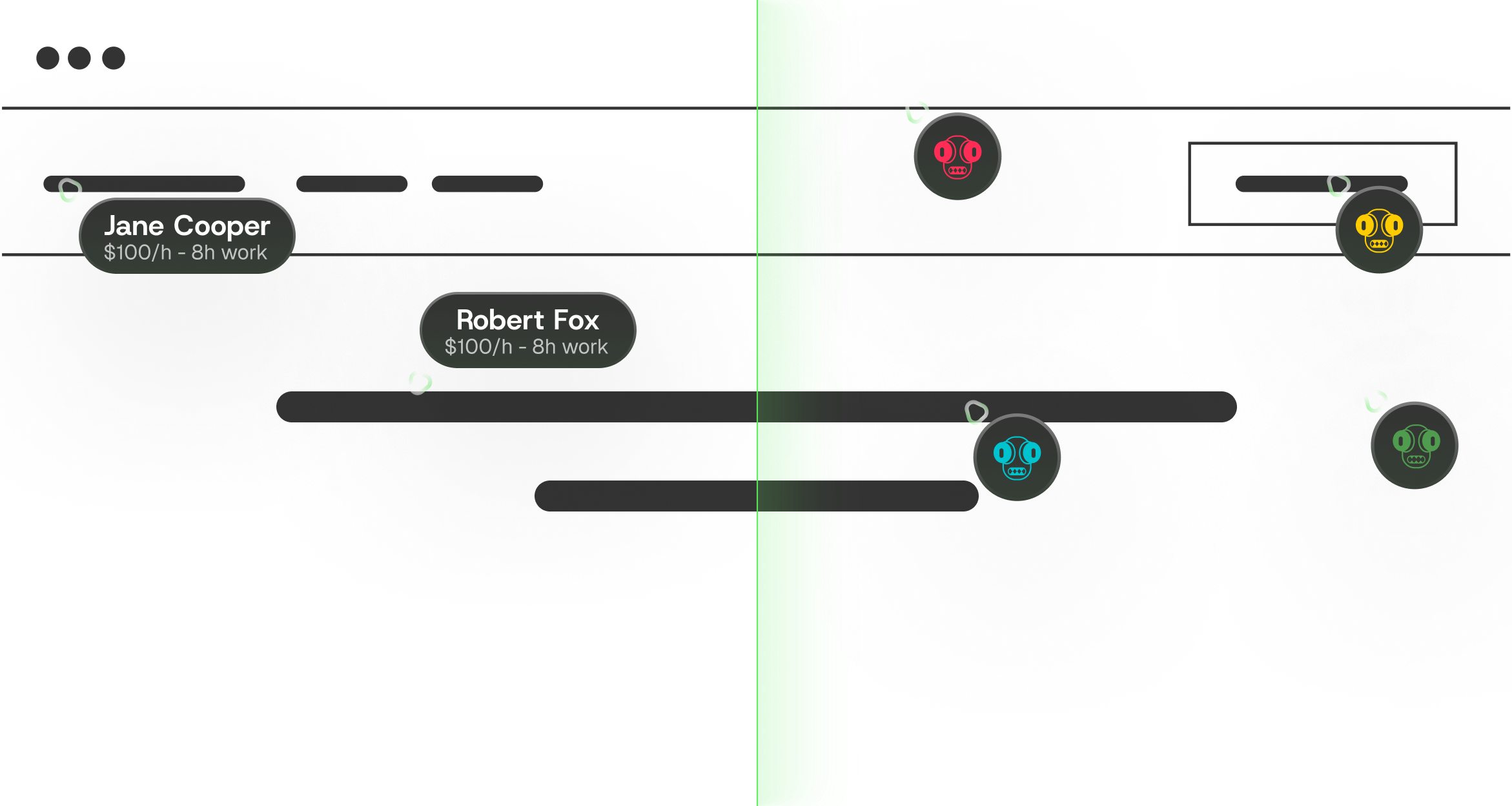Opteo requires constant manual work. groas runs your Google Ads completely autonomously. 24/7 optimization, no human intervention needed.

Requires Daily Management & Additional Tools
Fully Automated, Self-Improving and Loved By Google

Semantic Ad Copy Engine


Dynamic Landing Page Personalization


Search-to-Conversion Matching


Automatic Self-Optimization (24/7)


Weekly Time Commitment
0 Hours
Many Hours
Decision Authority
Machine Approved
Human Approved
Learning Curve
None
Moderate
Base Subscription
$599/month
$129/month
Essential Add-Ons
$0 (All Features Come Included)
$0 (All Features Come Included)
Price Scales With
Ad Spend
Ad Spend + Account Count
Contract Terms
Cancel Anytime
Cancel Anytime
Campaign Limits
Unlimited
Tier-Based Restrictions
Account Limits
Unlimited
Tier-Based Restrictions
Automated Budget Protection


Automated Negative Keyword Additions


Optmyzr helps you manage campaigns. groas removes you from campaign management entirely.

groas doesn't show you improvement opportunities because it's already implementing them. While Opteo presents one-click improvements that still require your review and approval, groas's AI identifies and executes optimizations autonomously in real-time - no feed to check, no approvals needed.
You won't need them. Opteo sends notifications because it needs you to review and approve changes. groas operates autonomously, so there's nothing for you to approve. You'll receive insights on performance improvements the AI has already made, rather than notifications asking you to take action.
Opteo alerts you to wasted spend so you can fix it manually. groas's AI monitors budget efficiency 24/7 and autonomously reallocates spend away from underperforming areas before waste accumulates. By the time Opteo would send you an alert, groas has already optimized your budget allocation.
groas scales even better. Opteo helps you manage multiple accounts by consolidating improvement feeds, but you're still reviewing and clicking through changes across accounts. groas manages each account autonomously, so you can truly scale without your optimization workload increasing proportionally.
No. While Opteo shows you what it recommends before you apply changes, groas shows you what optimizations the AI has made and why. You maintain full transparency, but you're reviewing autonomous improvements rather than deciding whether to approve each suggestion.